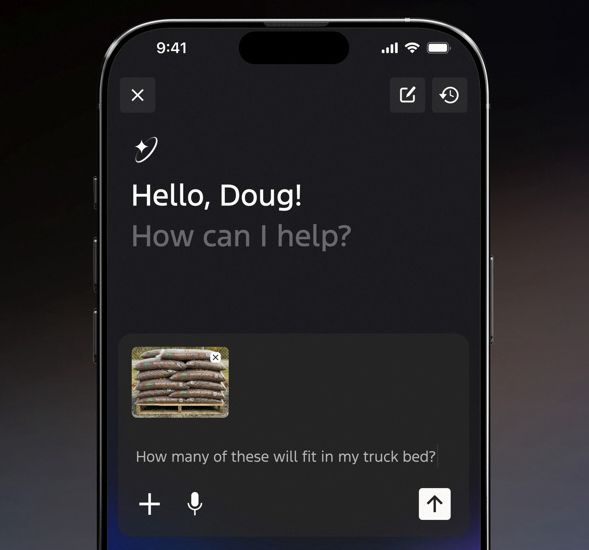OpenAI’s recent launch of Atlas, a ChatGPT-powered web browser, has sparked significant debate regarding its security implications. This innovative browser allows users to navigate the internet with natural language commands and introduces an “agent mode” for autonomous task completion. However, the launch is overshadowed by the discovery of a security vulnerability that may jeopardize users’ passwords, emails, and other sensitive information.
Key Developments:
- Technology Highlight: OpenAI’s Atlas leverages artificial intelligence to redefine online browsing, making it more intuitive and user-friendly.
- Security Risk: The potential flaw poses a threat to personal data, raising alarms in the tech community about user safety and data protection.
- Broader Context: This launch comes amid a resurgence of competition among web browsers, with various players exploring AI integration and privacy features.
- Alternative Browsers: The landscape includes options prioritizing user privacy, like DuckDuckGo and Brave, contrasting with more automated solutions.
Stay tuned for deeper insights on this topic, alongside discussions about other tech trends and innovations, including significant business moves in the AI sector and the impact of recent internet outages.







